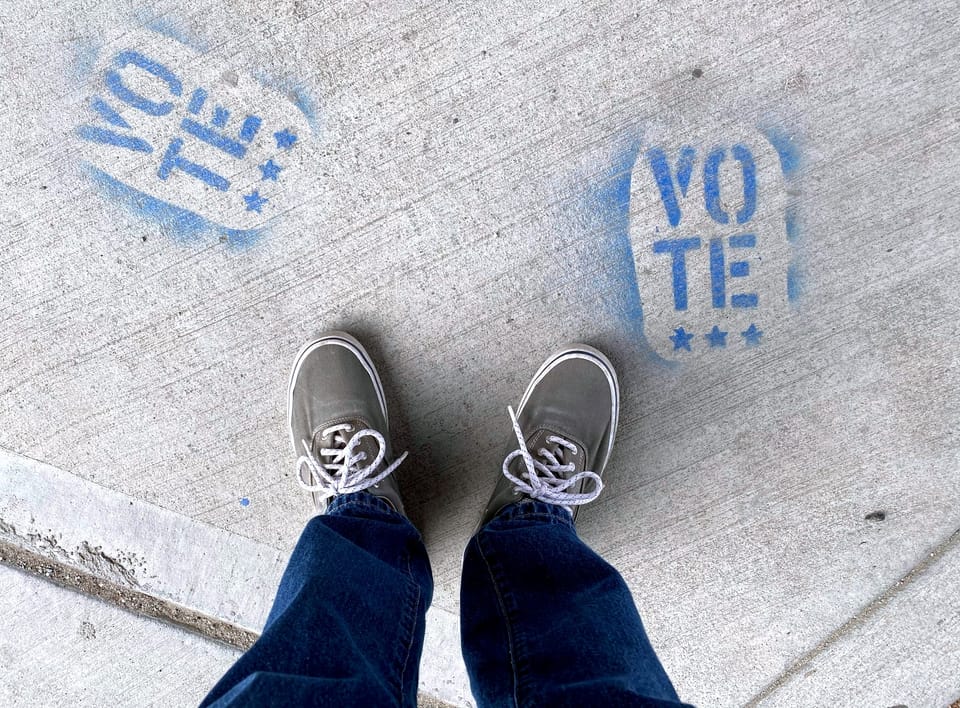What is the Torah’s view on democracy?

Democracy, as we know it today — a government chosen by the people, based on majority rule — is not a concept found in the Torah. But that doesn’t mean the Torah is “against it” either. Rather, the Torah presents a very different model of governance: one based not on the will of the people, but on the will of Hashem.
The Torah Model: Kingship and Sanhedrin
The Torah explicitly commands:
“שׂוֹם תָּשִׂים עָלֶיךָ מֶלֶךְ” “You shall surely appoint a king over you” (Devarim 17:15)
This king is not elected by popular vote. He is appointed based on Divine criteria, through the Sanhedrin and with the guidance of a Navi — a prophet.
Alongside the king, the Sanhedrin — a supreme Torah court of 71 sages — governed legal and national matters. These leaders were chosen not by popularity but by Torah greatness, yiras Shamayim, and wisdom.
A Society Guided by Emes, Not Opinion Polls
In Torah thought, the idea that truth is determined by majority vote is foreign. Truth is not what most people feel. Truth is what the Torah says. Even a thousand people can agree on something — but if it contradicts halachah, it is false.
As the Chazon Ish zt”l wrote:
“In a society where morals are decided by consensus, the Torah’s voice is easily drowned. The Torah demands allegiance to truth, not trends.” (Emunah u’Bitachon, ch. 3)
The Torah Recognizes Human Need for Structure
Still, the Torah isn’t oblivious to the reality that people must participate in society. That’s why we see forms of communal representation in halachah:
- Zayin Tuvei Ha’ir – seven elected community leaders who could act on behalf of the town (Bava Basra 8b).
- Chevrah of Askanei Tzibbur – communal boards or representatives who manage local decisions.
- Hasagas Gvul – protecting individual rights and property through communal oversight.
But these structures were always in service of halachah, not instead of it.
Rav Moshe Feinstein: Democracy is Not Torah
Rav Moshe Feinstein zt”l was asked about democracy and its values. He responded:
“Freedom and democracy are not values in and of themselves in the Torah. The Torah values righteousness, justice, and fear of Heaven — even if these require curbing personal freedoms.” (Igros Moshe, Choshen Mishpat 2:29)
He explained that while democracy can be a system that enables peaceful governance, it is not the Torah’s ideal — because morality based on majority opinion can shift dangerously.
What About the State of Israel’s Democracy?
This brings up a real-life contradiction.
The State of Israel prides itself on being a Jewish democracy. But from a Torah perspective, this is a paradox. Torah law is Divine and unchanging. Democracy, by definition, is human and constantly evolving.
When Israeli courts rule against Torah values — whether it’s about chillul Shabbos, toeivah marriage, or geirus — they are doing so in the name of democracy. But such rulings are incompatible with Torah, no matter how popular they are.
Rav Elazar Menachem Man Shach zt”l warned:
“A state cannot call itself Jewish while rejecting the Torah as its constitution.” (Michtavim u'Maamarim, Vol. 1)
Does That Mean We Can’t Live in a Democratic Society?
Not necessarily. Chareidi Jews have lived under all kinds of regimes — monarchies, republics, and yes, democracies. The key is this:
🕊️ We do not oppose the system as long as we are free to live by the Torah.
That’s why we participate in elections — not because we believe in the supremacy of democracy, but because we must protect Torah values within whatever system we live under.
As Rav Chaim Kanievsky zt”l advised before elections:
“Vote — not for democracy, but for Torah.”
🔥 The Danger of Idolizing Democracy
In modern times, democracy itself has become a religion. People believe rights come from governments. But the Torah says: rights come from Hashem. Responsibilities, too.
When democracy is used to legalize immorality or silence Torah voices, it is no longer neutral. It becomes destructive.
As the Netziv (Rav Naftali Tzvi Yehuda Berlin) wrote:
“The worst form of rebellion is when the mob claims the right to legislate morality.” (HaEmek Davar, Devarim 17)
Torah’s Ideal: A Just Society Under Hashem
The Torah’s dream is not mob rule or dictatorship. It is:
- A society led by tzaddikim.
- A king who fears Hashem.
- Dayanim who know the depths of halachah.
- A nation where every Jew feels pride in keeping mitzvos.
Democracy might give us temporary rights. But only Torah gives us eternal truth.
Footnotes & Sources:
- Bereishis Rabbah 1:1 – “Hashem looked into the Torah and created the world.”
- Devarim 17:15 – Mitzvah of appointing a king.
- Bava Basra 8b – Zayin Tuvei Ha’ir.
- Chazon Ish, Emunah u’Bitachon, ch. 3.
- Igros Moshe, Choshen Mishpat 2:29.
- Rav Shach, Michtavim u'Maamarim, Vol. 1.
- Rav Chaim Kanievsky, election guidance (2020).
- Netziv, HaEmek Davar, Devarim 17.
